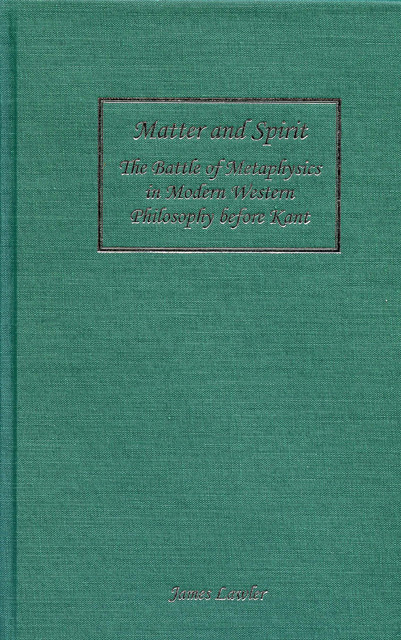7 - Hume's Science of the Dynamics of the Passions
Published online by Cambridge University Press: 17 March 2023
Summary
REASON: SLAVE OF THE PASSIONS
What relationship of impressions and ideas explains the strange inconsistency between the futile efforts of pure reason and what we actually believe to be the case in our practical life pursuits? Hume's answer to this question is implicit in his affirmation that “Reason is, and ought only to be, the slave of the passions, and can never pretend to any other office than to serve and obey them.” As Hobbes makes clear and Hume reiterates and elaborates, it is desire or passion, not detached reason, that drives human behavior. Through their passions, human beings are part of a natural world governed by laws. The scientific study of the human being uncovers the laws operating within human individuals, in the associations of ideas and the formation of beliefs that adapt him or her to the world as natural and social beings. Pretending to rise above the natural world, traditional philosophical reason attempts to substantiate beliefs about the independence of the self or the soul and its relation to God. In this quest for a higher reality, such philosophy has denied our intimate participation in nature. The reason of that passionate being that we are must finally discover, in its pure reflections on itself, the emptiness of such pretensions, and—thus admonished by recognition of its incapacity—turn back to fulfill a humbler task.
All the modern, scientifically based skeptical arguments, therefore, lead us back to nature, back to instinct, back to passion and desire, as the real force in human life, and overthrow the alleged rule of a supernatural reason that pretends to distance itself from actual reasoning. Actual reasoning, when it becomes fully reflective in the observation of its own operations, and so ceases to be the handmaid of some prior dogma of theology or metaphysics, destroys its former pretenses to independence and god-like objectivity. The self-destruction of autonomous reason is the gateway to real science, which rests on the observation of the inner facts of experience and formulates generalities regarding the regularities or laws operating among those facts. Lonely and often thankless effort is required for this debunking of the pretensions of reason to rise above and penetrate beyond its true sphere, but the rewards, in coming to a real understanding of human life, are great.
- Type
- Chapter
- Information
- Matter and SpiritThe Battle of Metaphysics in Modern Western Philosophy before Kant, pp. 233 - 265Publisher: Boydell & BrewerPrint publication year: 2006

